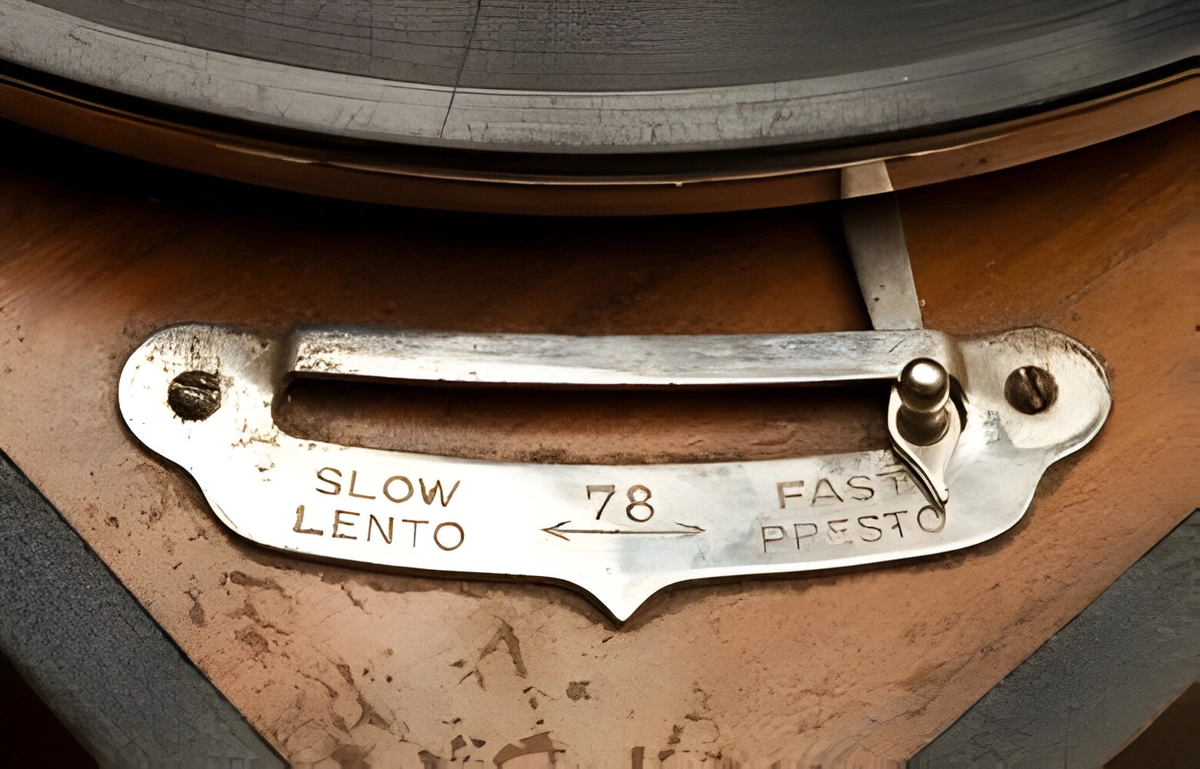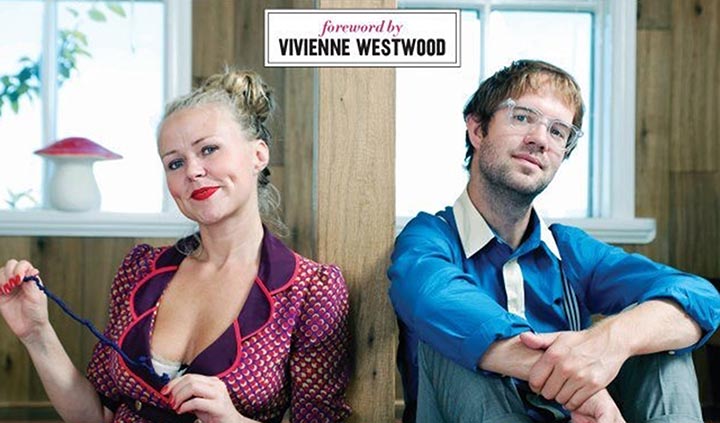Fast fashion is the McDonald’s of the clothing industry – cheap, convenient and ubiquitous. But behind this business model lie immense costs for the environment and people. As fashion designer Vivienne Westwood wisely said: ‘Buy less, choose well, make it last’. Fast fashion pushes consumers into a cycle of low-quality excess, while slow fashion offers a more ethical alternative that emphasises longevity and mindfulness.
This exploration of the impact of fast fashion, the slow fashion movement and how consumers can make more conscious clothing choices aims to reveal the true cost of fast fashion bargains, present slow fashion as a viable solution and help readers align their purchases with their values.
The true cost of fast fashion
Fast fashion retailers such as Zara, H&M and Forever21 produce inexpensive garments in the shortest possible time to keep up with ever-changing trends. However, this emphasis on speed over sustainability leads to immense environmental pollution and unethical labour practises. With an annual production of 80 billion new garments, the fast fashion industry generates over 92 million tonnes of textile waste and 10% of global carbon emissions from the production, transportation and disposal of clothing. Lucy Siegle, a British journalist and author who specialises in environmental issues, explains:
Fast fashion is not free. Someone, somewhere is paying the price.
Lucy Siegle emphasises the hidden costs of fast fashion and highlights the social and environmental consequences that are often overlooked in the pursuit of fast, low-cost production. Fast fashion also perpetuates exploitative and unsafe working conditions, with many workers facing abuse, impossible quotas and poverty wages. Ultimately, the ruthless overproduction and “profit before ethics” mentality of fast fashion are catalysing dire social and environmental consequences throughout the supply chain.
The slow fashion movement
Slow fashion offers a more sustainable alternative by emphasising artisanal quality, ethical production and timeless style over rapidly changing trends. The slow fashion movement seeks to displace the prevailing fast fashion model by initiating a cultural shift towards valuing longevity, craftsmanship, sustainability and transparency in clothing production. Emilia Wik, former head designer at BYEM, explained:
Slow fashion is also about returning to a personal relationship with fashion. One where trends and seasons don’t matter, but where your ethics and aesthetics seamlessly unite, and you can escape the stress of constant consumption, focusing on the style that truly appeals to you.
This quote emphasises how slow fashion enables a more meaningful, ethical relationship with clothing that transcends fleeting trends. Ultimately, the movement strives to foster a cultural appreciation for enduring quality over disposable quantity by encouraging a transition to circular business models that maximise the use of garments through repair, rental, resale and recycling, as well as more ethical and environmentally friendly materials and manufacturing processes.
Personal style is more important than trends
A key element of mindful clothing consumption is to develop your own aesthetic style rather than chasing ephemeral fast fashion trends. As Ralph Lauren said:
Fashion is not necessarily about labels. It’s not about brands. It’s about something else that comes from within you.
This underscores the importance of self-discovery, authenticity and personal wellbeing in developing your own aesthetic and style. By investing in versatile, high-quality garments that align with your personal values, you can build a timeless wardrobe that transcends passing trends. By taking inspiration from the principles of slow fashion, you can live out your own creative self-expression through a style that feels authentic.
This reduces environmental impact by minimising disposal and overconsumption. It also boosts your self- confidence and self-acceptance, rather than validating yourself by constantly changing your wardrobe. Ultimately, your personal style encourages conscious consumption based on creativity, self-awareness and sustainability rather than trend-led consumption.
The “less is more” philosophy
The essence of mindful fashion lies in the “less is more” philosophy, which emphasises quality over quantity and longevity over transience. Rather than routinely buying cheap garments that fall apart after a few wears, invest in well-made pieces that add value through their versatility and longevity over time and across different outfits. With a smaller wardrobe, you can utilise each piece to its full potential and mix and match in creative ways.
British actress and UN Women ambassador Emma Watson epitomises this philosophy through her simplicity, sophistication and conscious decision to focus on quality and sustainability when choosing her wardrobe. A capsule wardrobe of ethically produced, high-quality basics with minimal trend-driven turnover therefore promotes sustainability and conscious consumption, as Watson’s approach demonstrates. This philosophy also encourages gratitude for possessions while avoiding accumulation and waste through overconsumption.
Recommendations for mindful consumption
Changing habits requires dedication, but small, consistent changes can contribute to more ethical and sustainable clothing consumption. Here are five recommendations for a more mindful fashion and lifestyle:
- Learn about supply chain impacts: Understanding the environmental and human costs of different brands and materials can help you make informed choices that align with your values.
- Invest in quality over quantity: Timeless, durable items add value for years to come. Support brands that prioritise ethics and sustainability.
- Swap, borrow and resell: Maximise usage by sharing and reselling to avoid waste and overproduction.
- Wash less and repair when possible: Follow care instructions for longevity. Mend, alter or embellish items to freshen them up.
- Appreciate what you have: Gratitude and care for your possessions reduce the urge to accumulate more.
Even small changes in habits can lead to more ethical consumption by aligning your purchases with your personal values. Over time, these choices can create industry-wide change by changing social norms and reducing demand for exploitative business practises.
The path to the future
To achieve true sustainability, we need to break down the power structures that create environmental injustice and human exploitation in the fashion industry’s supply chains. However, through conscious consumption, education, political change and collective activism, we can make a positive change towards an ethical and ecologically regenerative fashion system. The journey begins with every conscious choice.



